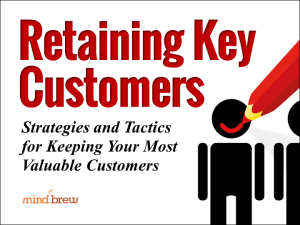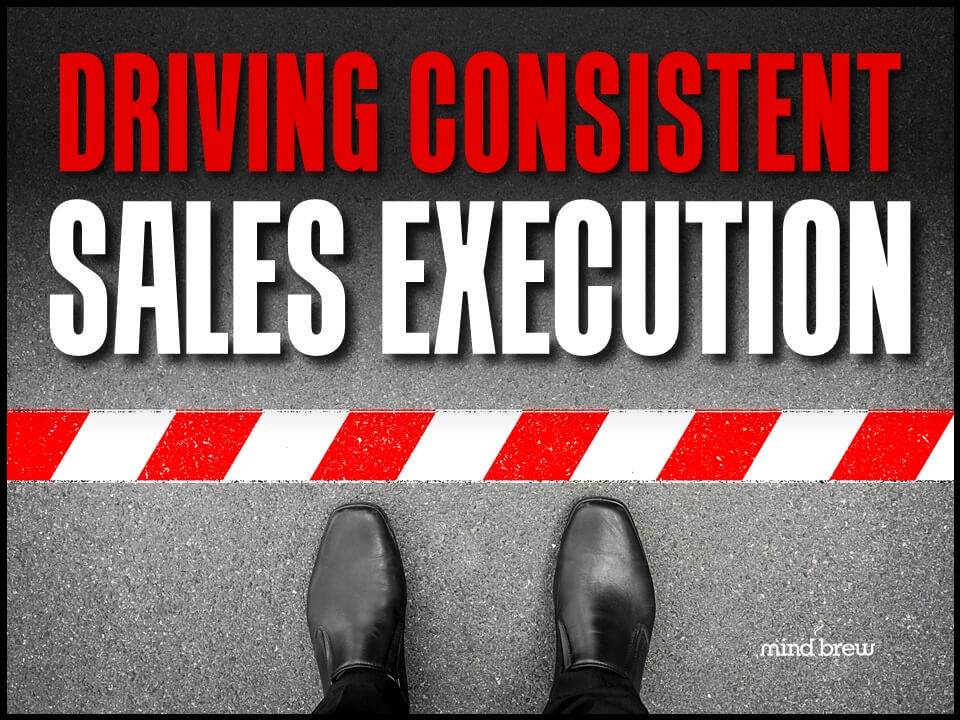In the Middle Ages, Europeans found the idea of cotton baffling. How could something so much like wool come from a plant? After all, wool came from sheep, so to many of them, it just made sense that other fluffy white stuff that you could turn into clothing also came from animals.
One of the world’s first travel writers, Sir John Mandeville, gave credence to this idea. He claimed (hilariously) that he had seen the vegetable lamb of Tartary, also known as the barometz.
Supposedly, the vegetable lamb of Tartary was a plant that grew little lambs on it. And cotton supposedly came from these plant-attached lambs.
No, we’re not making this stuff up. But Sir John Mandeville did. Almost everything he wrote in his book was complete horse puckey.
But that didn’t stop people from believing that somewhere in Asia shrubs grew animals. In fact, they continued to believe it for about 300 years despite a conspicuous lack of evidence.
We love the vegetable lamb of Tartary—and not just because it gives us an opportunity to pretend that red meat is really a healthy vegetable that comes from plants. It’s a great of example of how easy it is for a completely false idea to take hold. People continue to go along with the consensus because it’s easier than proving a commonly held belief to be false.
We see this happen all the time within Sales Ops. And it’s a shame because it holds the discipline back. Here are some examples:
- “Management won’t sign off on this initiative.” If one initiative doesn’t work out, we expect the bosses to be gun-shy on the next one. Selling Your Sales Ops Initiatives explains how to get management to back your plans—even if not all of your past projects have been successful.
- “We’re bound to lose some customers—there’s not much we can do.” Not only is retention cheaper than acquisition, it also carries the potential to have a much bigger impact on your bottom line. How to Retain Your Key Customers explores how to minimize attrition and defection, and ultimately make growth targets easier to hit.
- “Our sales forecasts will never be very accurate.” As humans, we tend to be overly optimistic and heavily biased by the past. But there are some new approaches to sales forecasting that vastly improves the speed, accuracy and consistency. Developing Better Forecasts explains how to do it.
- “We got a demo a few years ago—that technology is too complicated to work for us.” Sales technology has been advancing at breakneck speed. What you think you know based on past experience is probably far outdated. Check out Making Sense of Sales Technology.
- “Sure, we’d like to be a more strategic Sales Ops team, but we’ve never had the time to make progress.” It’s easy to spend so much time fighting fires that you never tackle the big picture projects that will make a significant difference for your organization. For help combating this mindset, see From Tactical to Strategic Sales Ops.
You might not believe in lambs that grow on trees, but if you find yourself spouting any of these commonly held Sales Ops beliefs, you are just as mistaken. SellingBrew is full of resources to help dispel these kinds of myths and help you become more successful as a Sales Ops professional.















